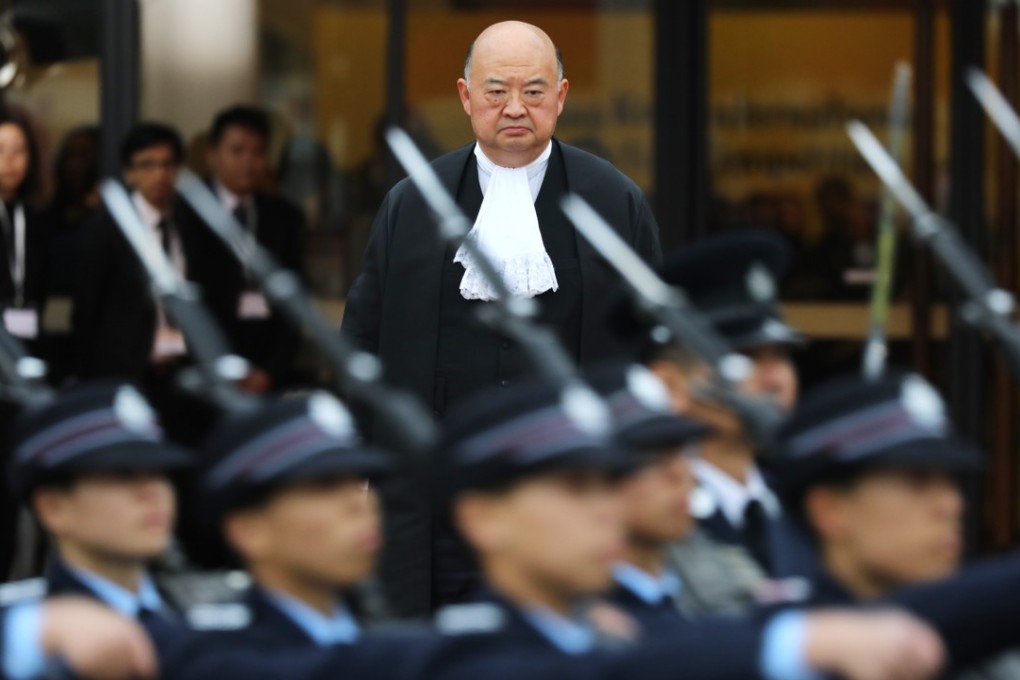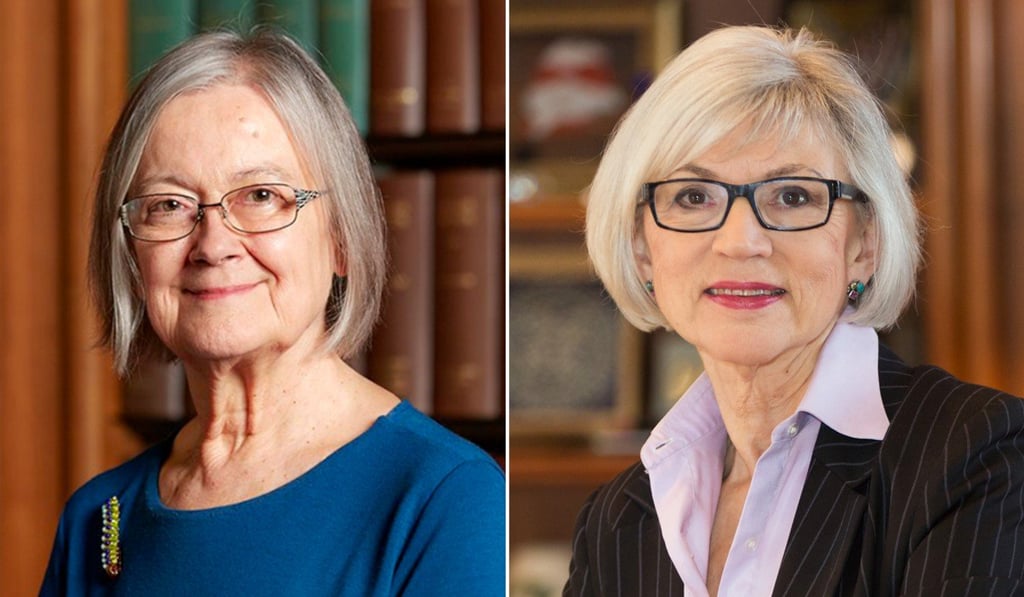Foreign judges key to success of Hong Kong’s top court, chief justice says
Geoffrey Ma Tao-li’s remarks to public law experts come amid concerns voiced by pro-Beijing lawmakers in the city about two recent appointments

The presence of eminent overseas judges at the city’s top court is a key to the body’s success, Hong Kong’s chief justice has said amid pro-Beijing lawmakers’ concerns.
“Non-permanent judges are not in any sense foreign judges. When they sit in Hong Kong, they are Hong Kong judges,” Ma told hundreds of public law experts during a closed-door conference at the University of Hong Kong on Monday.
“They sit on Hong Kong’s highest court without any restrictions as to the type of cases they hear ... They have an equal say in the panel of five judges on the CFA. They take the same judicial oath as every other Hong Kong judge.”
